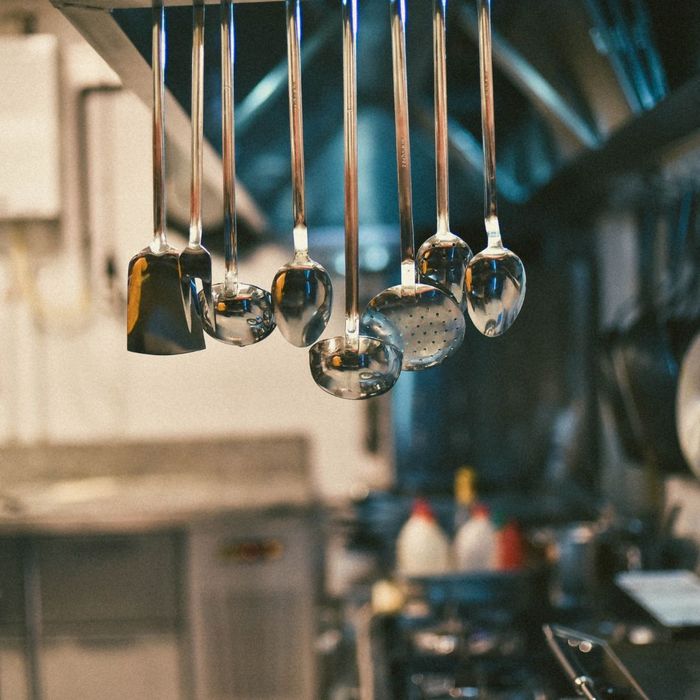At Ameri-Clean Environmental Services in Cleveland, Ohio, we often get asked about the difference between grease interceptors and grease traps. While they may seem similar, these two systems serve distinct functions in managing grease waste from commercial establishments.
Grease Interceptor vs. Grease Trap: What’s the Difference?
Grease Interceptor vs. Grease Trap: What’s the Difference?

Grease Traps: First Line of Defense
Grease traps are typically smaller devices installed under sinks or within kitchen areas. They are designed to intercept and capture grease, oil, and solid waste before these materials enter the plumbing system. Grease traps function by utilizing gravity to separate grease from wastewater. As the wastewater flows through the trap, the lighter grease rises to the top, allowing only cleaner water to exit into the drainage system. Regular grease trap cleaning is essential to ensure optimal performance, as neglecting this crucial step can lead to clogs, foul odors, and expensive plumbing issues.

Grease Interceptors: The Heavyweights of Waste Management
On the other hand, grease interceptors are larger systems that are usually installed outside the building. They are designed to handle substantial volumes of grease-laden wastewater, making them ideal for larger establishments such as full-service restaurants, catering companies, and food processing facilities. Grease interceptors operate on the same principles as grease traps but boast greater storage capacity. This ensures they can efficiently manage high outputs of waste, significantly reducing the risk of overflows and plumbing backups.

Choosing the Right System
When deciding between a grease trap and a grease interceptor, businesses must consider their level of grease waste. For establishments with moderate waste, such as small cafés or food trucks, a grease trap is often sufficient. However, for larger kitchens with extensive cooking processes, a grease interceptor is the more suitable option due to its higher efficiency and capacity.

Compliance and Efficiency
Both systems require professional grease trap services to maintain optimal function and compliance with local regulations. Ameri-Clean Environmental Services specializes in grease trap cleaning and provides comprehensive solutions tailored to meet the specific needs of your business. Regular maintenance is essential not only for effective operation but also to prevent costly plumbing issues and ensure adherence to health codes.
Contact Us Today
With expert assistance from grease trap companies like Ameri-Clean Environmental Services, you can ensure your grease management system runs smoothly and efficiently. Contact us today to discuss your grease trap cleaning and maintenance needs!
